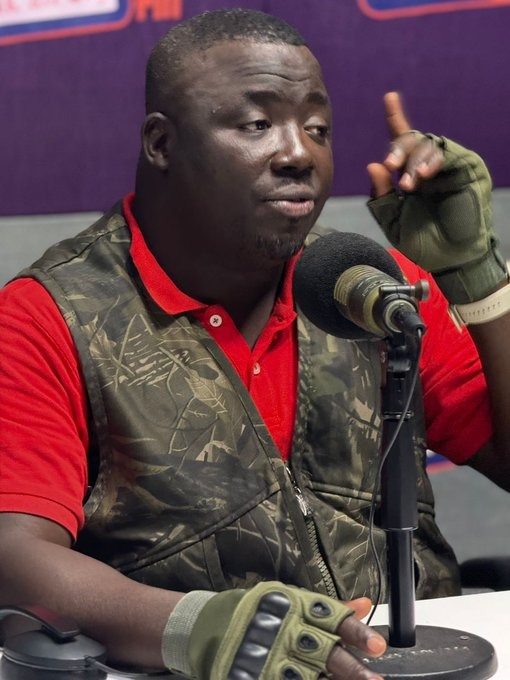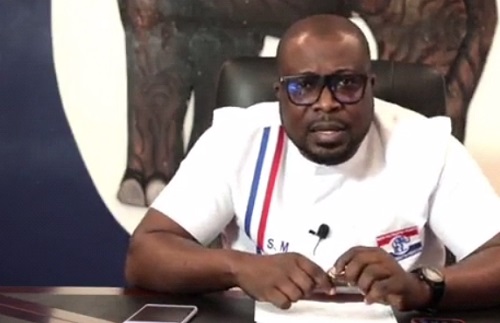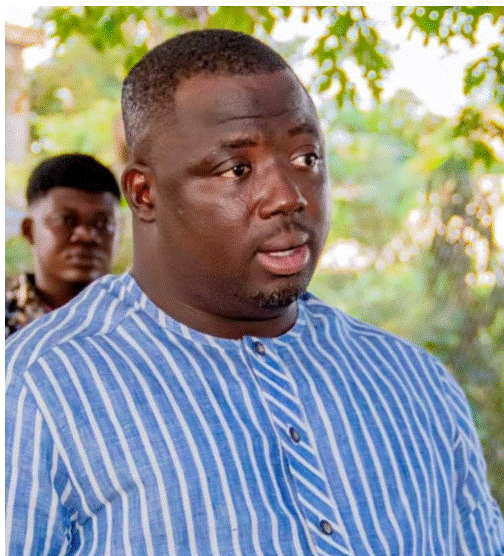The political atmosphere in Ghana continues to heat up following statements from both the National Democratic Congress (NDC) and the New Patriotic Party (NPP) over the suspension of the Chief Justice, with accusations of hypocrisy, bad governance, and threats of mass protest flying across.
The NPP has announced its intention to picket the Jubilee House if the suspension of Chief Justice Gertrude Torkornoo is not reversed immediately, while the NDC has fired back, accusing the NPP of mismanaging the country during its eight-year rule.
“We’re fixing your mess, yet you go on TV and talk anyhow,” Mustapha Gbande, NDC Deputy General Secretary, said in response to the NPP’s agitation over the suspension.
Gbande delivered a fiery rebuttal to recent NPP criticisms, saying the current administration was busy repairing the damages left by the previous government.
He recalled that the NDC, after losing the 2016 election, had chosen introspection over protest, a choice that ultimately led them back to power. He expressed disdain at the NPP’s refusal to adopt a similar posture after their electoral defeat.
“What we did is to go into reasonable sober reflection with the honest intention of correcting our wrongs, because, obviously, the people who voted are Ghanaians, and they judge”
Mustapha Gbande, NDC Deputy General Secretary
He argued that the NPP’s handling of the country prior to the 2024 elections had left deep scars on the economy and national institutions, accusing them of leaving Ghana in a “depressed and resource-depleted state.”

“It is strange, the level of mismanagement and destruction, the colossal corruption with which our colleagues left this country… You impoverished our country, depleted our resources, shared it as though Ghana didn’t have owners”
Mustapha Gbande, NDC Deputy General Secretary
Gbande condemned NPP figures who, he claimed, had threatened to make the country ungovernable if their demands were not met, warning them that such posturing was both irresponsible and damaging to national stability.
“If you have lost an election the way they lost, you don’t have to be speaking in that manner because your mismanagement, your recklessness is a problem of the nation which must be fixed”
Mustapha Gbande, NDC Deputy General Secretary
NPP Threatens Picketing
Meanwhile, the NPP’s National Youth Organiser, Mustapha Salam, confirmed that the party would present petitions at multiple locations, including the Jubilee House, demanding a reversal of the Chief Justice’s suspension.
He said the action was non-negotiable and formed part of a broader strategy to resist what the party views as an erosion of democratic institutions under the current administration.
“At the end of the day, certainly, we will ask the president, his excellency, John Dramani Mahama, that what is going on is not very good. This is an assault on the judiciary.
“And that for the hawks pushing him in his party to do so, he should think about it again and rescind the decision, otherwise, we are sprawling into a very dangerous cycle”
Mustapha Salam, NPP National Youth Organiser

While declining to reveal the full details of the petitions ahead of their public release, Salam made it clear that the NPP’s patience was limited, warning of escalating demonstrations if the president fails to respond.
He explained that picketing at the Jubilee House would be only the beginning, with future actions dependent on how the government reacts.
“As we go, we plan. Based on happenings, responses, we’ll know how to scale up or how to scale down”
Mustapha Salam, NPP National Youth Organiser
Salam also called on NDC members who oppose the Chief Justice’s suspension to join the protest, suggesting that dissent exists within the ruling party’s ranks. “This is not about the NPP. I know people in the NDC who don’t agree with this. Tomorrow, they should come out.”
While Gbande insisted that the NDC is focused on governance and reform, he cautioned against provocative rhetoric from the opposition, accusing them of irresponsibility in the face of national challenges.
With both parties digging in their heels and protests imminent, the presidency of John Dramani Mahama faces one of its first serious political tests. Whether the demonstrations escalate or abate will likely depend on the administration’s willingness to engage or defy the growing discontent around the judiciary’s handling.




















